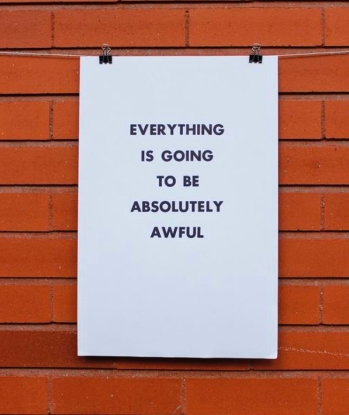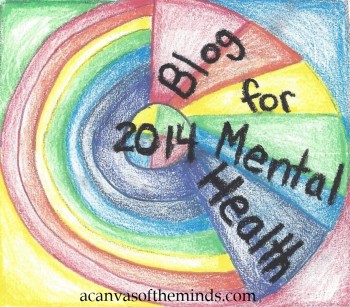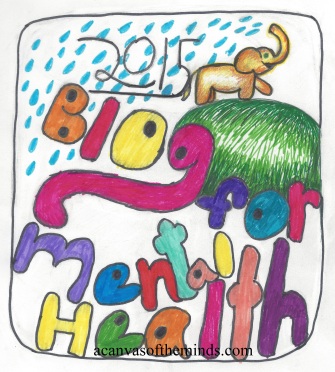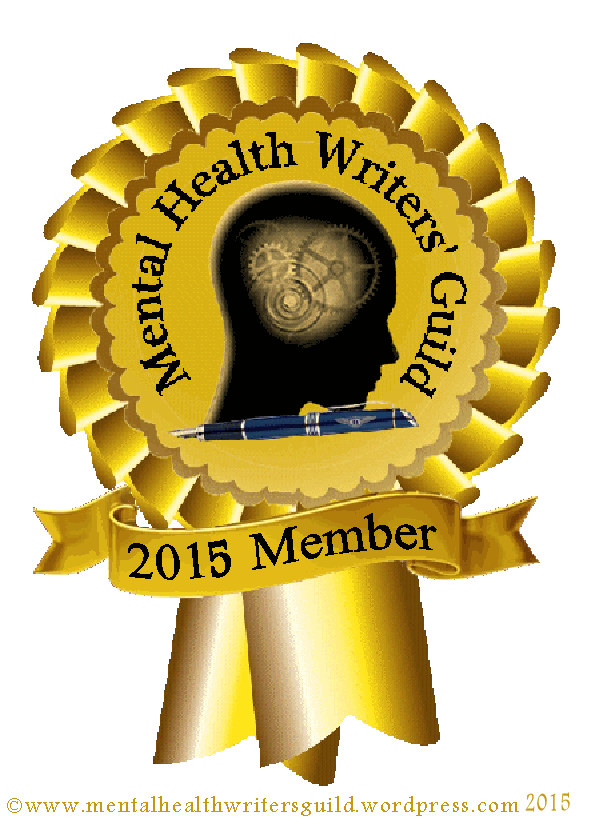
Remember how I said I have trouble with transitions? Well, it turns out that everyone has trouble with transitions. And I thought it was just me! (By the way, if you ever think that something is just you, it’s not true. This is really how everyone thinks and feels.)
This summer, in an effort to recoup after a challenging academic year, I decided to up my mindfulness practice by pausing more often in transition from one thing to the next. Because I had this mini epiphany that mindfulness is actually about creating pauses. At the most basic level, it’s about pausing between a thought or feeling and how I respond to it.
For example, I started having anxiety attacks the week before work started because I kept getting work emails asking me to answer questions, check my schedule, review this thing, take this assessment, etc. I tried to ignore them, but once they popped up on my screen, I had to read them. You know. Because I’m OCD. If you’re thinking, well why don’t you just turn off those notifications, Christy? It’s because while I was single for 4 years and never got any texts, every time I looked at my phone, my inner demons would be like, don’t even bother checking. No one gives a crap about you. So I turned on my notifications for everything so I could be like, take that, demons! You don’t know me!
But I digress. What was I saying? Oh yeah. Pauses. Actually, that’s a good example of a pause. Those inner demons are constantly trying to make us think we are worthless, and without taking a pause, we believe them. If you put a pause between the thought no one gives a crap about you and the automatic thought that comes up after that, which is something like, I’m unlovable, lots of useful things can happen. You can ask yourself, is that thought true? No, actually. It’s not. I just had dinner with a friend last night. And I’m playing tennis with more friends tonight. So some people must like me. That’s just my inner demons, doing what they always do. Persistent little buggers.
So then, based on something a client said (clients often have really good ideas), I decided to insert more pauses into my daily routine. Before I ate something to give thanks. Before I turned on the TV to see if there was something else that would be more helpful. Before reading the next chapter, to let what I just read sink in.
And it really helped. Before I used to go through my self-care routine like a to do list. Meditate–check. Take meds–check. Stretch–check. Just going through the motions, trying to get them out of the way. But then I remembered how another client had talked about a book she was reading that encouraged treating even the most mundane activity as though it were sacred. Which is what mindfulness is about. This moment, while you’re folding clothes, matters. Regardless of how you feel about it. Or what you have to do afterwards. Be here. Experience it. It will never come again.
Perhaps sometimes that’s what we want when we’re bored or sad. Or filled with dread about school starting. But perhaps when you look back at some point you’ll think, wow, I spent that last week of vacation obsessing about school so much that I didn’t even get to enjoy it. Or, remember when I had a job? Those were the good old days. Or some other thought that makes you realize that there were a lot of good things going on in that moment when you thought it wasn’t so great.
And you know how we can try not to take those things for granted? With pauses. They require no special training. No therapy needed. No self-help books. You can’t do it wrong. And even taking one will make a difference.
Try it out. See what you think.















